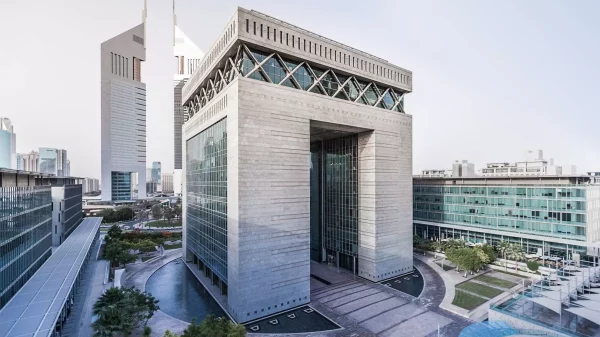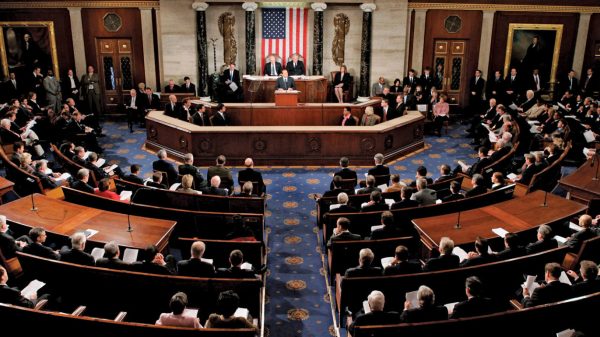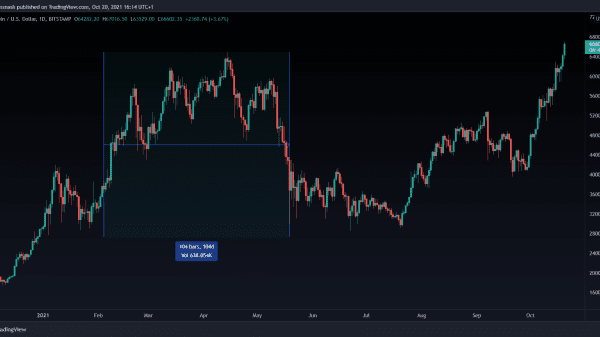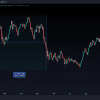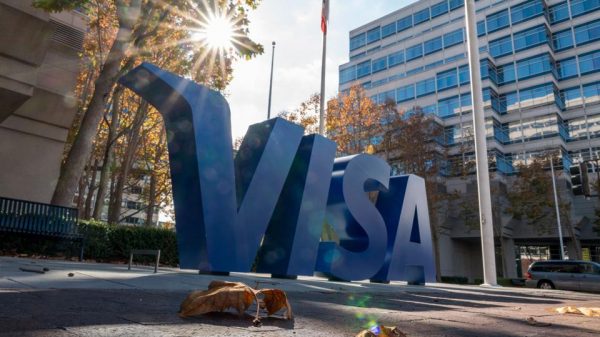Insolvent cryptocurrency exchange FTX was granted permission by a court in the United States on Wednesday to liquidate its cryptocurrency assets. The business said that this action would enable it to reimburse clients in United States dollars and minimize risks associated to price volatility in cryptocurrency markets.
During a court hearing in Wilmington, Delaware, United States Bankruptcy Judge John Dorsey gave his approval to FTX’s proposal. This will allow FTX to sell up to $100 million in cryptocurrency per week and enter into hedging and staking agreements. These agreements will allow FTX to minimize the risk of price volatility and earn passive income on more mainstream crypto assets such as bitcoin and ether.
If FTX obtains formal consent from the court, Judge Dorsey will let the corporation to increase the weekly limit that it is allowed to trade. However, the decision includes a footnote that makes it clear that transactions involving the purchase or sale of Bitcoin, Ethereum, stablecoins, or the redemption of stablecoins will not count against the weekly cap of $100 million. When calculating the limit, transactions that are conducted to bridge tokens from non-native blockchains back to their original networks will not be included as part of the total.
As part of the company’s strategy to dispose of the assets, which was first detailed in August, Mike Novogratz’s Galaxy Digital will be appointed to the role of investment manager monitoring the sale. The concept calls for FTX to place a restriction on the amount of tokens it sells each week of no more than $100 million, with the possibility that this limit might be raised to $200 million on an individual token basis.
The exchange’s new administration is now striving to pay back creditors after consumer funds worth billions of dollars vanished during the exchange’s previous management’s tenure. The sale of these assets will contribute to the reduction of the deficit, which was estimated to be $7 billion.
In court documents, FTX said that the company was acutely aware of the possibility that their endeavor to sell coins may influence cryptocurrency markets. It said that it has recruited Galaxy, a cryptocurrency business based in the United States, as an investment adviser in part to mitigate the danger that “information leakage” might lead to short-selling activity and significant drops in the price of cryptocurrency. According to the court filings filed by FTX, maintaining its existing cryptocurrency portfolio comes with various dangers, including the possibility that the company would be forced to retain some assets even while the value of those assets declines.
In the midst of allegations that it mishandled and lost deposits totaling billions of dollars worth of cryptocurrency belonging to clients, FTX filed for bankruptcy in November 2022. More than $7 billion in assets have been recovered by FTX in order to reimburse clients, and the company is now seeking further recovery via litigation filed against FTX executives and other defendants who received money from FTX before the company declared bankruptcy.
















